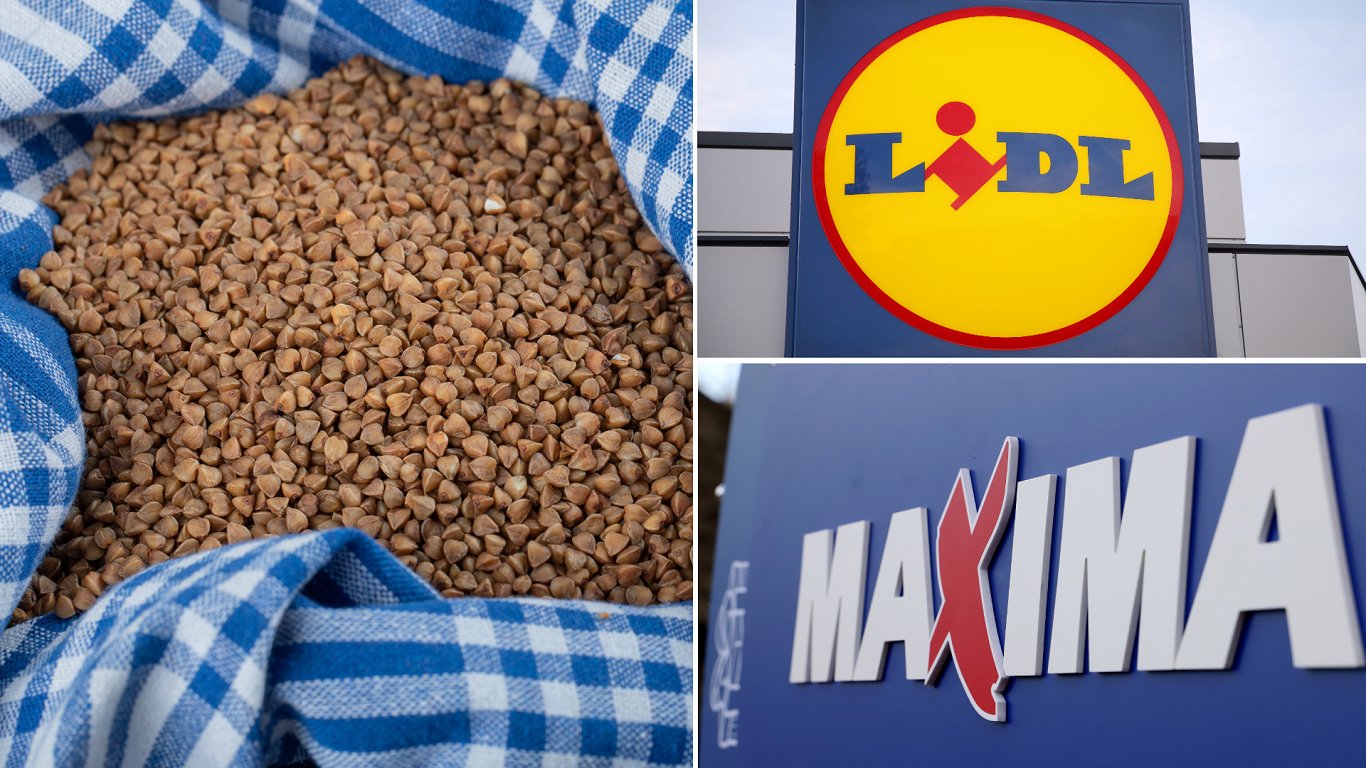The grocery chains Maxima and Lidl are in dispute. Both say they have the cheapest buckwheat. Advertising campaigns have already attracted the attention of the Consumer Rights Protection Centre, and a row over advertising reels has escalated into legal action, Latvian Television reports on 18 August.
The battle is for the title of ‘lowest price’, both companies admit. Lidl included Maxima products in its advertising, saying they were more expensive. Maxima bought TV advertising space and said this was not true.
The adverts are no longer shown, but the public dispute has now become the rare occasion when grocery shops take legal action. Maxima says its company has been vilified: the cheapest products are not compared. Lidl has its own arguments: price comparisons were carried out in line with the requirements.
“We have evidence that we have made a fair comparison. We are comparing comparable products. Which have a comparable composition, size,” said Dana Hasana, Head of Corporate Communications at Lidl Latvia.
Meanwhile, Maxima has evidence to the contrary and has taken Lidl to court.
Liene Dupate-Ugule, Head of Communications at Maxima Latvija, explained the aim: “To draw attention to unfair trading practices, as well as to misleading the public in general. As a result, decisions may be made that are not in favour of our products.”
The Consumer Rights Protection Centre (PTAC) is also carrying out an inspection and has not yet revealed its findings. The Centre pointed out that a fight between two shops may even be advantageous for the buyer. Both reduce the prices of their products, as happened in this case.
“From the consumers’ point of view, of course, it is good that the price is falling. Also in view of the memorandum [that basic food products must have at least one cheap option – editor’s note]. But at the same time it is not right to mislead consumers. These comparisons, these wars, have to be done in good faith,” commented Edīte Drozda, Deputy Director of PTAC.
The Centre is currently assessing whether consumers have been misled. The court will already look at the dispute more broadly – whether there was a negative impact on the other company and other aspects that the parties themselves will raise.
Select text and press Ctrl+Enter to send a suggested correction to the editor
Select text and press Report a mistake to send a suggested correction to the editor
Tell us about a mistake
